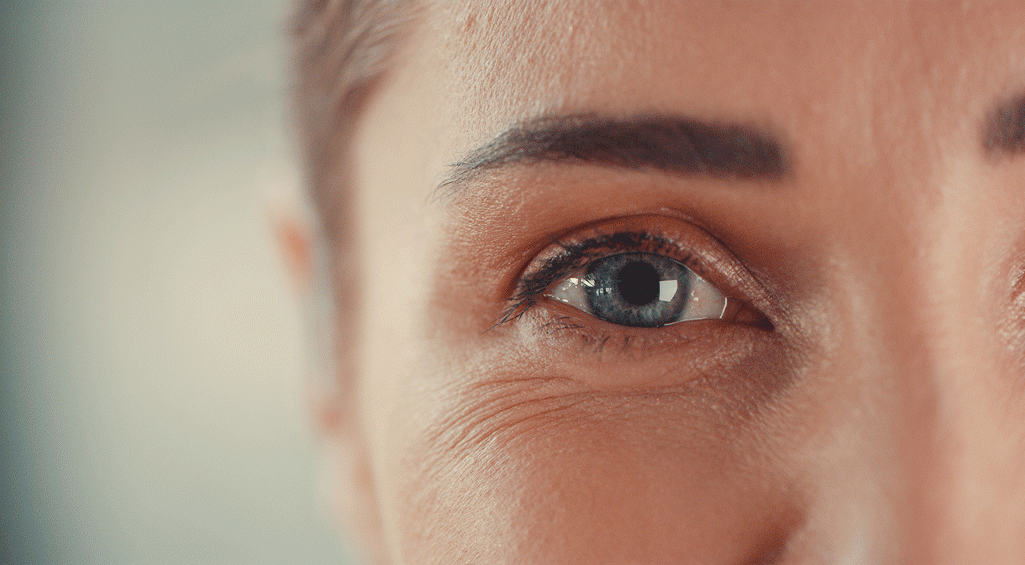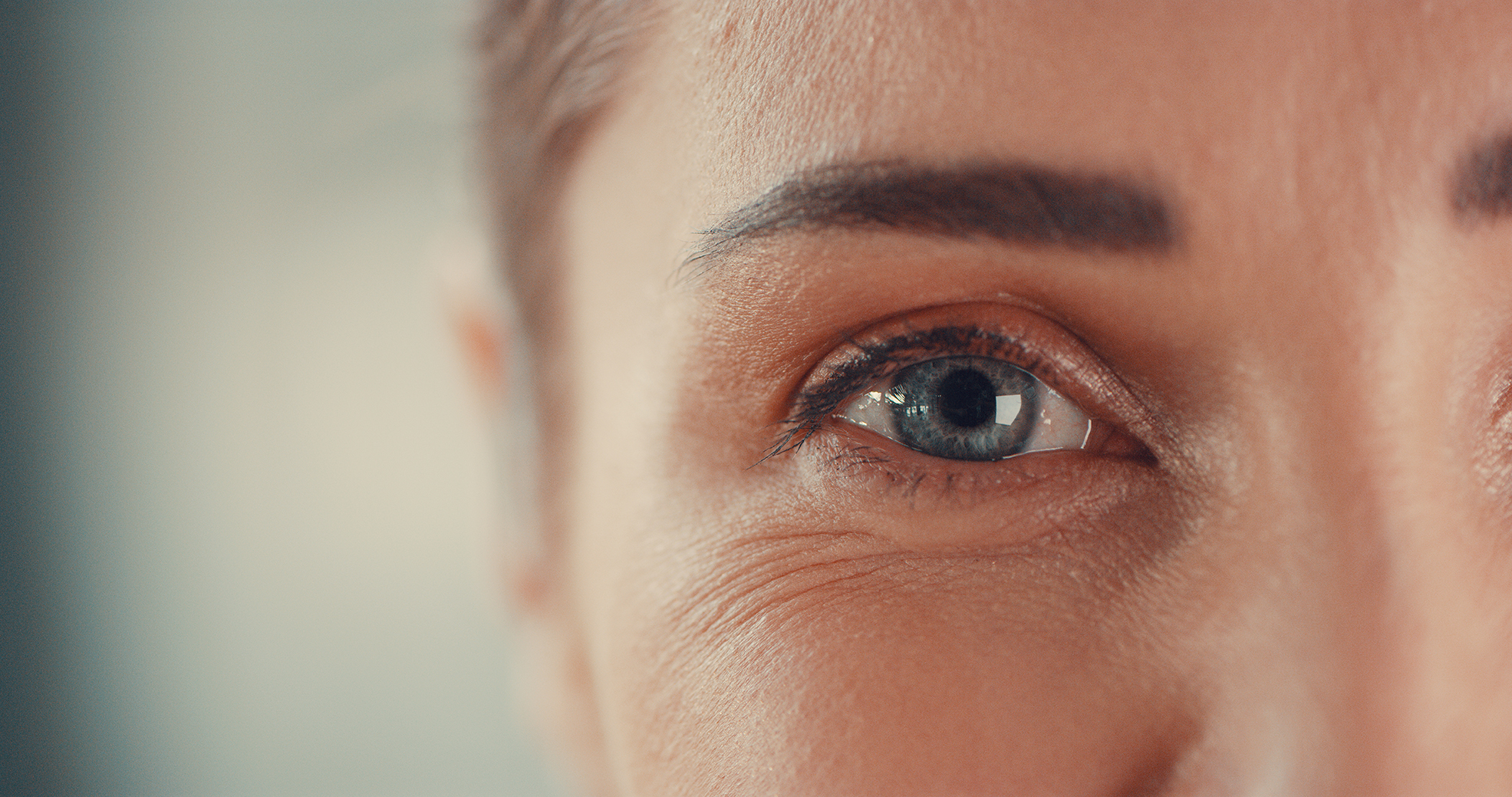
The responsibility of learning to look after your eyes and preventing problems
At least 2,200 million people in the world are visually impaired or blind. Of this total, over 1,000 million people could have avoided this or have yet to have it treated, according to the ‘World report on vision’ that the WHO made public at the end of 2019.
Every five seconds a person becomes blind in the world according to the WHO and every minute a child loses its sight. Per year, over 7 million people lose their vision. Although the sense of sight is one of the most important ones – and one that concerns the population most, eye health is not a priority for many people. At times it is not given the importance it has, or at least, this does not occur until a pathology or change in the sight occurs. On the other hand, the eyes can offer a great deal of information about people’s general condition of health.
For this reason, ophthmalogists recommend carrying out a complete eye check-up every year to be able to detect diseases, even those that do not produce any symptoms, such as glaucoma or macular degeneration. The Spanish Ophthalmology Society (SEO in its Spanish initials) recalls that glaucoma is the main cause of blindness and irreversible visual discapacity in the world. These visual check-ups are particularly indicated for people with a family history of certain hereditary eye pathologies. In the case of children, the first examination is usually carried out at the age of around 3 or 4 years. The paediatrician rules out the most severe eye alterations, but it is necessary to carry out a specialised examination to check the visual health at a preschool age. From then onwards, this needs to be done every year. With this ophthalmologistic care and early detection, there is an increase in the chances of success of the treatments to stop or alleviate the effects of these diseases. In spite of this, according to a report by the association ‘Vision y Vida’ (Sight and Life) in 2020, 60% of the population had not carried out an examination over the past year and 30% had not had one for over two years. That is to say, a third of the population has not had an eye check-up since 2017.
Hygiene and good habits
Furthermore, some daily habits can progressively damage your sight or cause discomfort. Beyond the continuous use of screens, the incorrect use of contact lenses, the lack of eyelid hygiene or a constant rubbing of the eyes can threaten your sight. It is very important not to touch your eyes with dirty hands and to not compulsively rub them.
The eyes need oxygen and good blood circulation. For this, you must exercise regularly, which also helps reduce the risk of diabetes and diabetic retinopathy. And, when carrying out any sport in the open air, it is essential to use sun or protective glasses. Accordingly, 90% of the eye injuries occurring during sporting activities could be avoided by using suitable glasses

Ojos Introducción
1 of 1




